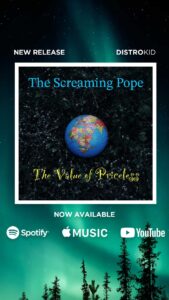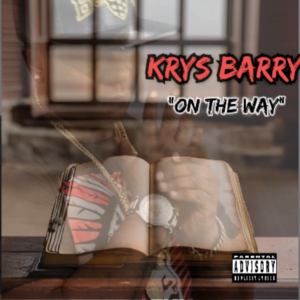
By SYLVANIA AMBANI
More by this Author
The music group Sheddy Empire changed from the boys idling around that infamous graffiti painted corner in the neighbourhood waiting for that big break, to the most popular individuals with their salacious song.
The Song titled “Pigwa Shoka” caused an uproar over its messaging and video that shows youths in “blood-stained” clothes carrying “bloody” axes.
To the public, the song appeared to be a re-enactment of the chilling murder of the Moi University Student Ivy Wangechi.
Sheddy Empire, made up of three young men, immediately issued an apology for the song saying that it was not their intent to hurt anyone, and went on to add that they just did the song “out of fun and creativity.”
Fast forward and just a few weeks ago, Ethic Entertainment, the music group that gained popularity for their salacious song “: Lamba Lol” have yet again released another song titled Tarimbo.
Even though the song has a good catchy beat, it’s the lyrics that leave a bitter taste in everybody’s mouth.
Advertisement
Especially the chorus sung by Rekles: “Bas, bas joo kama ana maringo, mi hupenda chapa na tarimbo, mi huchapachapa na kanyaga namwaga bila hata permission.”
That advocates for rape against women. The song is shameful to say the least and belongs in the garbage bin.
As expected, an apology was issued after the uproar by a section of their fans. They said that it was “never their intention to disrespect women.”
This has sadly become a worrying trend among the youths who have become careless when trying to express themselves through the arts, especially during this era where the young man’s pressure to succeed has shot up tenfold.
What is more appalling about their half-hearted apology, is that they still do not see anything wrong with the song. In fact, they seem to be defending it.
This is a generation that is completely addle minded, who do not understand the difference between singing about sex and glorifying a sexual offence through song.
Tanzanian singer Diamond Platnumz is among the few artistes who has mastered the art of producing hit song that most of the time talk about a sexual encounter between a man and a woman – but in a subtle way.
Unfortunately, their Kenyan counterparts have not been able to learn this art. And no, we are not being hypocrites when we listen to Jamaican dancehall music.
The difference between them and our very own Ethic is that they do not cross the boundary and suggest anything like rape in their songs.
We now have a generation of don’t cares, and for fame, they are ready to do absolutely anything. They are egocentric and think the world revolves around them.
This is the height of misuse of freedom and being inhuman, where it is okay to trivialize a grave matter like rape or murder.
Music producers also seem to have also given up on this new crop of artistes. They no longer invest themselves fully in the songs, as it was the case before.
The history of Kenyan music shows that explicit music did not start yesterday, it started a long time ago with veteran musicians like Nonini with his songs “We Kamu”, “Mtoto Mzuri” among others.
And he was not alone the music group Wakimbizi also had a number of songs with suggestive lyrics. Songs like “Jogoo”, “John”.
What Ethic and all aspiring young artistes need is guidance and leadership to direct their craftsmanship in the right direction.






